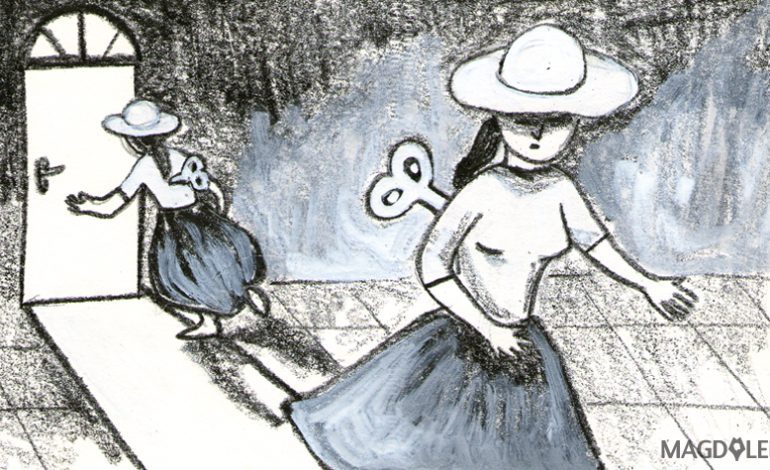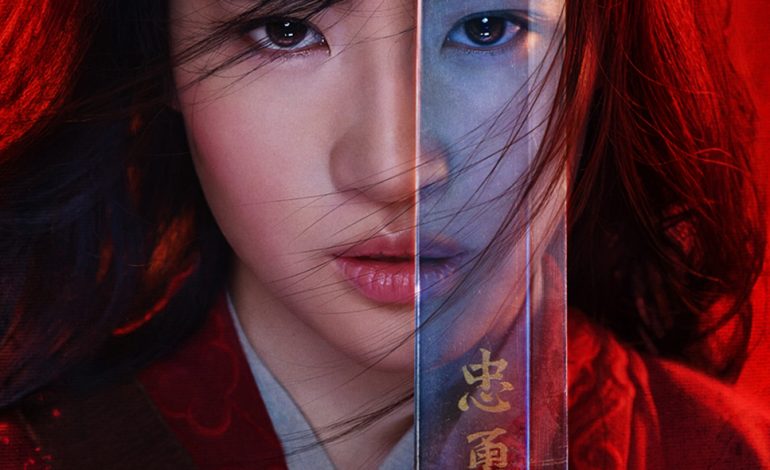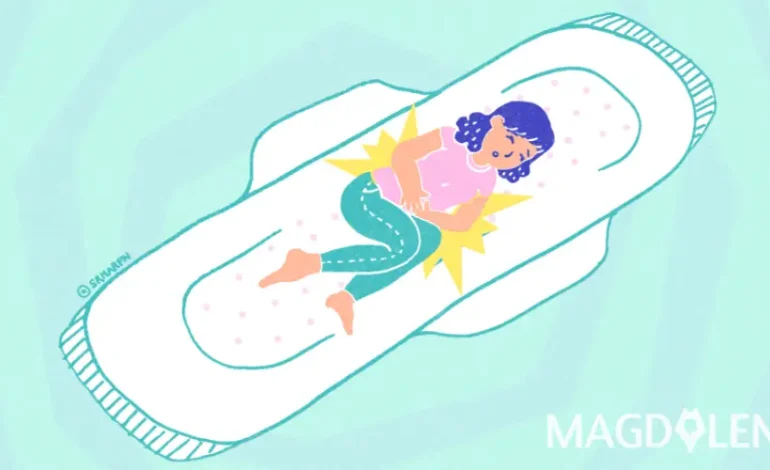Mulan, Me, and The Sociopathy of Patriarchy

Recently I had the opportunity to watch the 2020 Mulan, Disney live-action remake of the 1998 animated film based on the Chinese legend of Hua Mulan.
I identified with many aspects of Mulan’s character: Her tomboyish behavior as a child, her going against the grain of what was considered appropriate female behavior, as well as her love and loyalty to family and country. I didn’t jump from roof to roof to chase a chicken as Mulan did in the opening scene of the movie, but as a child, I did love to climb trees and was known on occasion to fight boys who got on my nerves.
Mulan was a warrior from the 6th Century Northern and Southern dynasties. When Hua Zhou, her old and sick father was conscripted to the army, she secretly replaced him, disguising herself as a man, and went by the name of Hua Jun.
Mulan sneaked away with her father’s sword, armor and horse, and headed to a training camp led by Commander Tung. The soldiers were training to fight off invading Rouran warriors.
In one of the first major fights against the invaders, the Rourans attack Mulan’s troops using a trebuchet (giant projectile). Mulan routs them and attacks from the hills above. The Rourans turn their trebuchets against her. Their attack causes an avalanche which buries them. Singlehandedly, Mulan saves her battalion.
When she goes down the hill to rejoin her fellow soldiers, she reveals she’s a woman and begs forgiveness for her disguise. Instead of expressing gratitude for saving his men, Commander Tung says in anger, “You are an imposter. You’ve betrayed the regiment. You’ve brought disgrace to the Hua family. Your deceit is my shame.”
What?? Tung would have considered it a heroic act if it had been done by Hua Jun, a “man”, but the same act by Hua Mulan, a woman, suddenly turns into a betrayal, a disgrace and shame?
This double standard is irrational, degrading, oppressive, and infuriating. Sadly, sometimes tragically, this is the norm in a patriarchal world.
Betrayal against women
Witnessing the scene on Mulan opened up a deep wound in me due to the injustice that not only Mulan had suffered, but also myself as well as so many other women and girls in the world and throughout history.
I had experienced a lifetime of discrimination from my mother who blatantly favors my brother, ever since he was born six years after me. Sixty years later, this had not changed. Luckily, the older I became, the easier it was to accept my mum’s favoritism as well as my brother’s gratuitous bullying towards me, enabled by a feeling of entitlement by my mother’s attitude. On my part, I felt that after all, I was fulfilled in life, with many blessings to be grateful for, so my mum and my brother became an exercise in unconditional love for me. Especially given her advanced age (88) and realizing she wasn’t going to be around forever, I tried to show her as much love and attention as I could.
Also read: Julia Suryakusuma on Mother, Motherhood, and Ibuism
I visited my mum regularly, enjoyed spending time with her and felt that things were finally much better between us. Then out of the blue, beginning of August, my brother moved to Bandung, our family ancestral town 155 kilometers away, taking her with him without consulting me—with my mother’s approval. Somehow she didn’t feel it was necessary to discuss the move with me either. Amazing.
It was in short, a fait accompli, and the ultimate betrayal, the culmination of a lifetime of emotional abuse. I understood, nothing I did would ever be enough to make my mother stop her discriminatory behavior—it’s so deeply rooted in her DNA, her psyche, and is an intrinsic part of her (patriarchal) identity.
But then I thought of many other women, who had been betrayed in infinitely worse ways than me.
Joan of Arc; Mary Magdalene; many women in science (biology, nuclear physics, astronomy, medicine, etc.), the arts, literature, and music; women involved in their husbands’ work or even ghostwriting it; women scholars and figures in Islam, and countless women who played an important role in history—they were made invisible and men took the credit.
Is achievement and heroism only equated with men? Maybe we should invent a new term, “she-roism”, and create a feminist “her-story”, to balance out the patriarchal his-story?
Mulan is actually sometimes referred to as the Chinese Joan of Arc (1412-1431). A national heroine of France, Joan, an 18 year old peasant girl, led the French to victory over the English. Yet when she was denounced as a heretic and a witch, and burnt at the stake by the English who captured her, the French king whose life she had saved made no attempt to negotiate her release. He did not want to stake his reputation by being associated with a “witch”. Eventually, however, in 1920 Joan was canonized by Pope Benedict XV, but long before that, Joan had achieved mythic status, inspired many works of art and literature over the centuries and became the patron saint of France.
Also read: Why Do Men Find It so Hard to Apologize?
Mary Magdalene is often referred to as a reformed prostitute. She was in fact one of Jesus’ most ardent and faithful disciples and who as one of his followers, travelled with him and supported him financially as she was a woman of means. She was present at his crucifixion and death, and was the first witness to his resurrection which is the basis of the Christian faith. She refused to marry, choosing instead to be a spiritual woman. And for this she was called a prostitute? Yes, that’s what they called non-conformist women then.
This was also the case with Khadijah, Prophet Muhammad’s first wife, a wealthy merchant who bankrolled him in his early prophethood. She was also considered to be the first person who reassured him that his revelations were authentic and because of this, Islam was born.
Without Mary Magdalene and Khadijah, the world’s two biggest religions would probably not have been founded. And yet now both Christianity and Islam are often rightly accused of being sexist, misogynistic and inciting violence against women. Such supreme irony.
Boys are number one
In Mulan’s native China, historically women held little rights to public property. In present day China, legally women do, but in practice, it’s much more difficult to realize.
In China there is the one-child policy introduced in the early 1980s which has led to sex selection and women subjected to forced abortions if the fetus is detected to be a girl. Or if the baby girl is already born, there’s always the infanticide option which has existed for 2000 years anyway right? Some baby girls were simply buried alive, or thrown into a river or rubbish dump.
In 2018, there were about 31 million more men than women in China (713 million men, 682 million women). You can imagine that this serious women shortage would create all sorts of problems, e.g. bride trafficking—just because boys are preferred.
In India, where boys are also number one, there is a surplus of 50 million men in a population of 1.35 billion (in 2018). This exaggerated gender inequality is a major contributing factor to the shocking incidences of brutal violence against women, including rape, by frustrated young men.
Also read: Inheritance, The Power of Giving Alms, and Us
Just now I read that the UK is sending an all-male team to host a vital UN climate summit next year “flouting international norms and angering activists and observers, who say the lack of gender balance imperils progress on key issues”.
Mary Robinson, former president of Ireland, who was twice a UN envoy on climate change said: “Gender divisions in climate are very significant. Having women in leadership is important to ensure these issues are enthusiastically taken up.” Indeed, climate breakdown hits women the worst in developing countries who have fewer resources and formal rights. It also fuels violence against women.
So clearly, patriarchy and its preference for boys creates serious problems, for men too as they are expected to conform to rigid masculine stereotypes – being strong, dominant, competitive and in control. This creates pressure and stress for them, which could lead to health issues and even early death.
Donald Trump epitomizes the kind of patriarchy worldwide which has now reached sociopathic levels in all areas of life.
Consolidating our strength
With regards my brother and mother’s decision to move to Bandung, I accepted it intellectually and spiritually. So I was surprised when I became ill: my cholesterol level shot up to 302, and my gastritis flared up causing me pain and discomfort on a daily basis. My physical energy level also dropped, preventing me even to do my daily exercises. Obviously it was psychosomatic. It seems that the betrayal affected me on a subconscious level.
How could it not? Virtually lifelong emotional abuse and discrimination. But quickly I understood that my physical illness is also a means of psychic healing, to release and let go off the hardened emotional crust accumulated over a lifetime. In the end I will be “reborn” again, like a butterfly coming out of a cocoon, with my feminist spirit and a life experiencing a powerful revival. This is exactly the same as the phoenix that always protects Mulan, the mythical bird that burns itself when it reaches the age of 500 years or more, and is reborn from the ashes of its burning.
Mulan is a fictional character and her legendary status is a romanticization of a non-existent Chinese womanhood. But Joan of Arc, Mary Magdalene, myself and many, many other women are real. We need to consolidate our strength more than ever now to fight the increasingly treacherous global patriarchy as well as the patriarchy of our brothers, fathers and mothers.
Read the Indonesian version of this article.






















